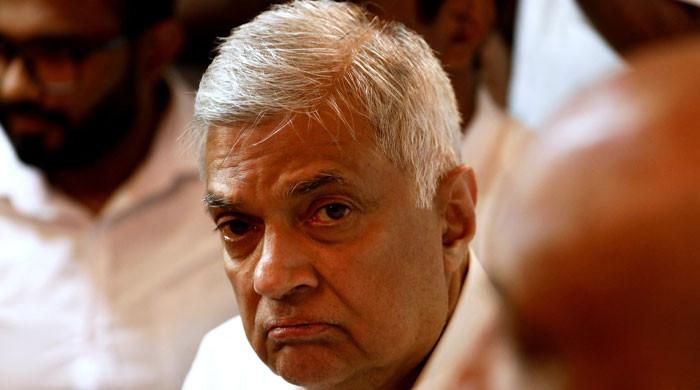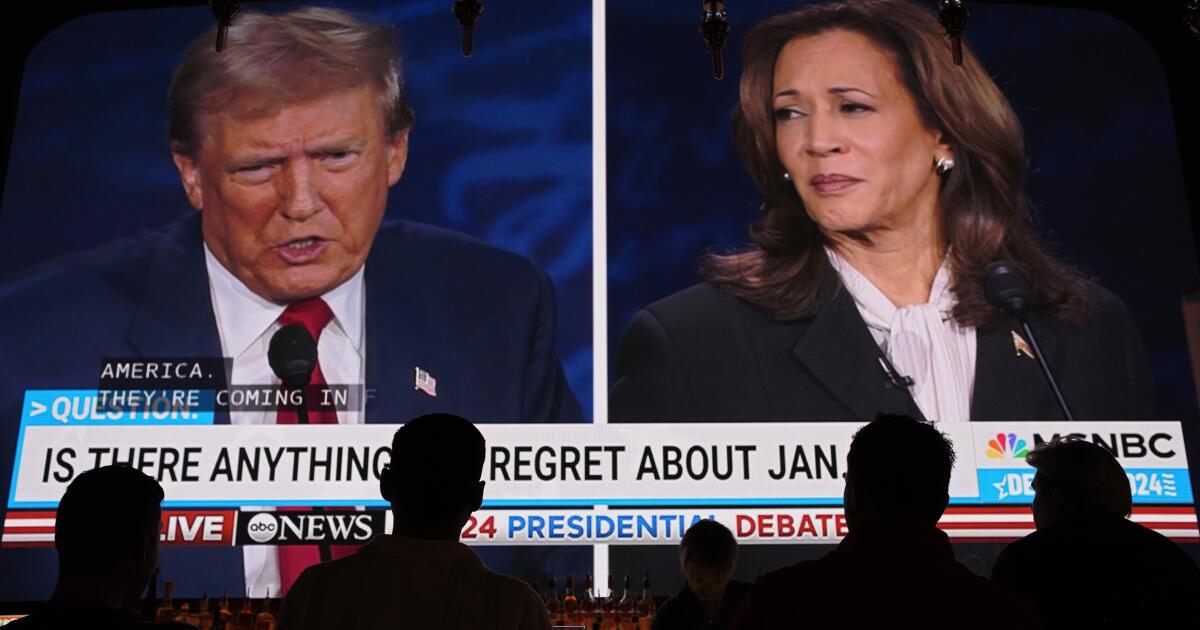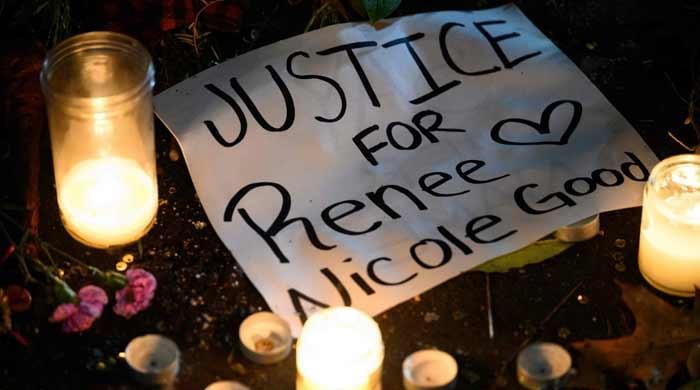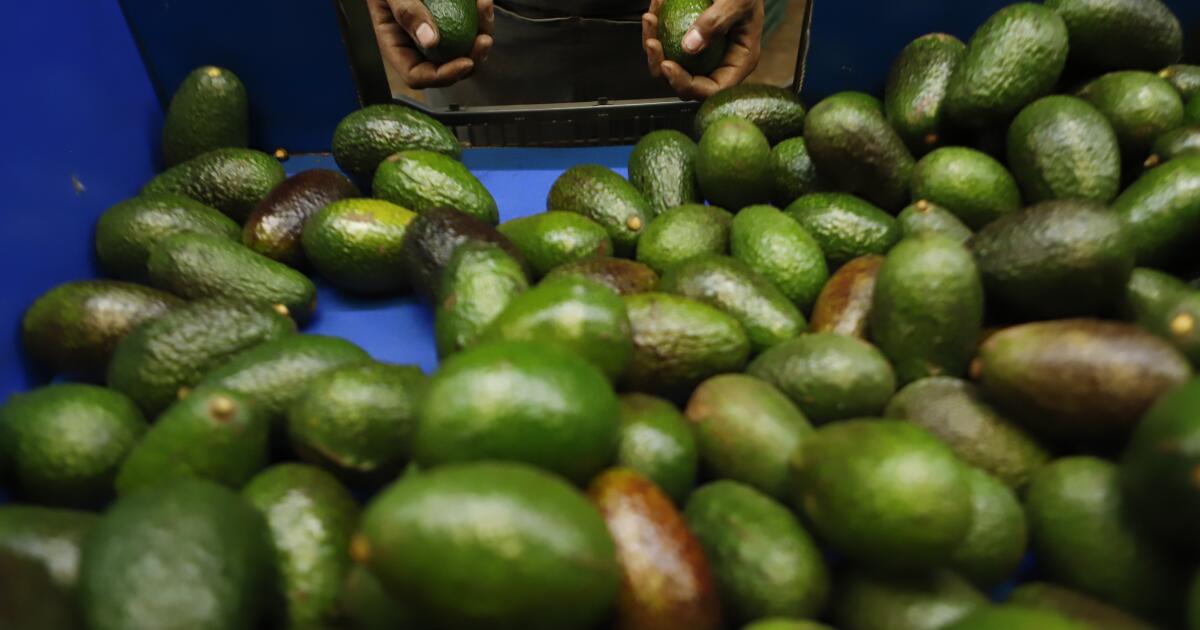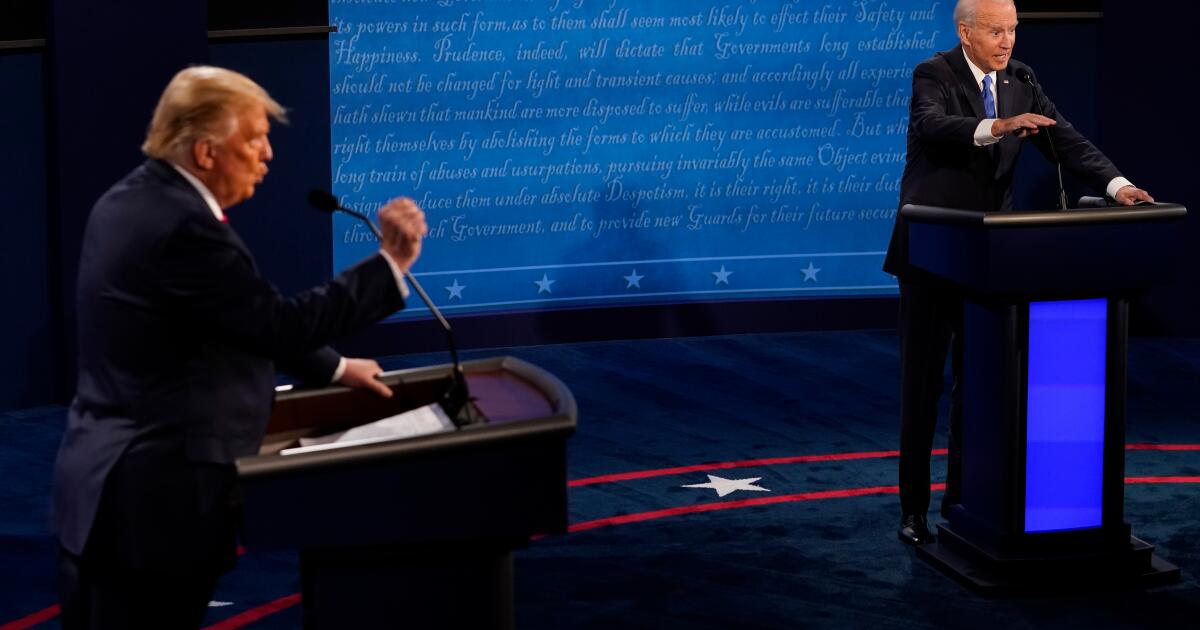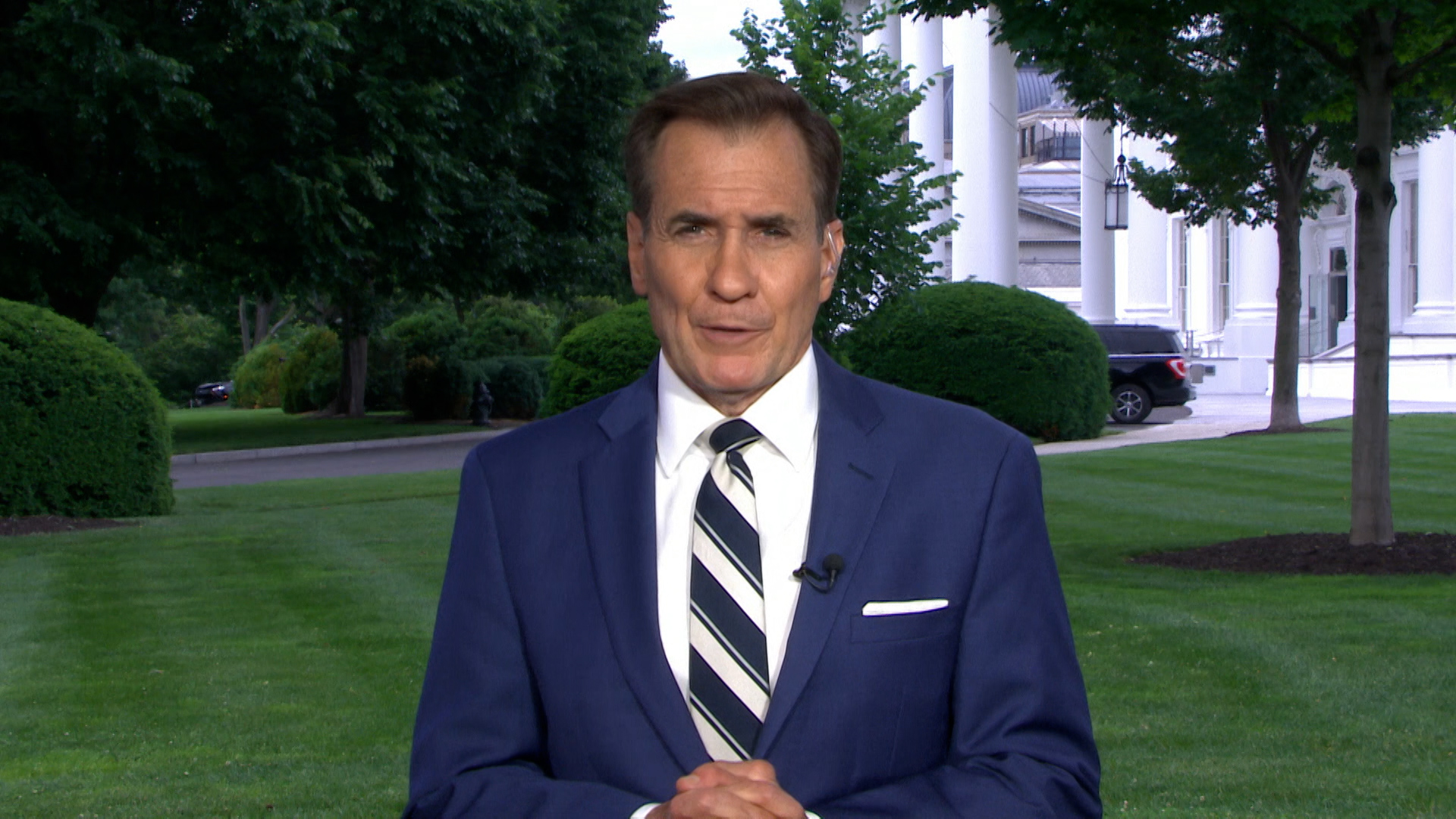Sri Lanka will hold its first presidential election on September 21, the first election since the country declared bankruptcy in 2022.
The independent electoral commissions announced that nominations would be accepted until August 15. Reuters reported.
Moreover, President Ranil Wickremesinghe decided to take this measure to “improve” the country.
“This is a critical moment for Sri Lanka,” said Bhavani Fonseka, a senior fellow at the Colombo-based Centre for Policy Alternatives.
“The holding of elections is extremely important for democracy, but now the electoral commission must be able to do what it has been tasked with. It is essential that there are free and fair elections,” he added.
Nearly 17 million of Sri Lanka's 22 million people are eligible to vote in the elections.
In early 2022, the South Asian island nation suffered a severe currency crisis that led to notable shortages of necessary items such as food, medicine, fuel and cooking gas, and prolonged power outages.
Furthermore, the upcoming elections are very essential for Sri Lanka as they will help finalize a key debt restructuring program and complete financial reforms agreed with the International Monetary Fund as part of a bailout program.
Wickremesinghe is expected to compete against Sajith Premadasa and Anura Dissanayake in the presidential election.
The ninth president has worked tirelessly to address the country's poor economic situation. During his administration, the severe shortages of food, fuel and medicine have been addressed.
However, citizens were dissatisfied with the increase in revenue generated by rising electricity bills and the imposition of new, heavy income taxes on professionals and businesses.
Sri Lanka’s crisis was largely the result of appalling economic mismanagement combined with the outbreak of the COVID-19 pandemic, which, along with the 2019 terrorist attacks, devastated its vital tourism industry. The coronavirus crisis also disrupted the flow of remittances from Sri Lankans working abroad.

